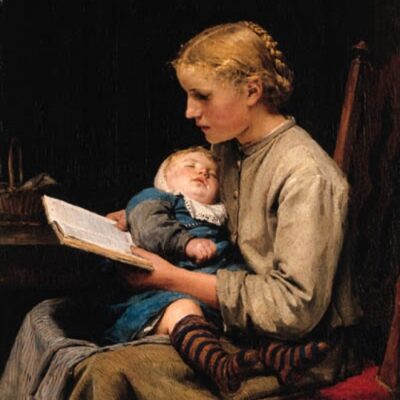Lincoln in the Bardo by George Saunders
Years ago, we owned a dog. His name was Chester. He was the most brilliant and willfully disobedient animal we ever owned. He peed on our Christmas trees and humped our neighbor’s prize-winning Shih Tzu. He jumped the five-foot fence of his pen and waited by a second neighbor’s front door. Once it was opened for an UPS delivery, he streaked to the bedroom, grabbed a quilt off the bed, and raced out to parts known and unknown. I envied his energy but was thankful I didn’t live in his head! Once in a while, when I had him out running, someone would pull over and tell me that they too had owned a German Shorthaired Pointer
once
and not for long.
Chester was more work than quintuplets but when he died, chasing a fly on his tail, we cried buckets. It took us five hours to bury him in the Carolina clay as hard as a nugget. My husband gave the eulogy: “Pain in the ass in life. Pain in the ass in death.” Amen. Truth be told, despite all his challenges, regardless of the number of times we chased him through the neighborhood and neighbors’ houses, notwithstanding the miles run and the gray hairs earned, we loved that dog more than any other.
I know scientists and mathematicians will find my logic faulty, but I swear, Lincoln in the Bardo was written by Chester reincarnated as George Saunders. Like Chester, Mr. Saunders intentionally keeps us guessing, fumbling, and scratching our heads asking, “What the Hell?????” In this whirlwind of chaos called a novel, voices vary; rules of grammar, punctuation, and capitalization are used sporadically; historical accounts may be genuine or invented; and genre markers are missed, mashed, and muddled. The novel has been described by the author as a ghost story set in one seven-hour period in February 1862. Abraham Lincoln’s beloved eleven-year-old son Willie, having recently died of typhoid fever, has been temporarily interred in a crypt within Georgetown’s Oak Hill Cemetery. Post-death, Willie enters a strange realm referred to as “the bardo” where unfulfilled, grief-stricken ghosts or spirits are stuck. It’s imperative that Willie exit this den of misery quickly, and it is up to the bardo spirits to get him out of there.
When I came to the end of this glorious novel, I carried it around with me for days because, despite its challenges, I loved it more than many others. I’ve revisited it often since that first read to appreciate narratives such as this quote where Hans Vollman uses mind meld to enter President Lincoln’s thoughts.
His mind was freshly inclined toward sorrow; toward the fact that the world was full of sorrow; that everyone labored under some burden of sorrow; that all were suffering; that whatever way one took in this world, one must try to remember that all were suffering (none content; all wronged, neglected, overlooked, misunderstood), and therefore one must do what one could to lighten the load of those with whom one came into contact; that his current state of sorrow was not uniquely his, not at all, but, rather, its like had been felt, would yet be felt, by scores of others, in all times, in every time, and must not be prolonged or exaggerated, because, in this state, he could be of no help to anyone and, given that his position in the world situated him to be either of great help or great harm, it would not do to stay low, if he could help it. [p. 303]

















What an incredible write-up. Your Chester anaolgy is perfect! I wanted to throw this book at the wall a dozen times in the first 50 pages. But every time I vowed to return it, I found myself wondering what was going to happen to the various characters. Somehow amid all the whirling voices, Saunders made me care deeply about the characters and even more, care about who and what they represented.